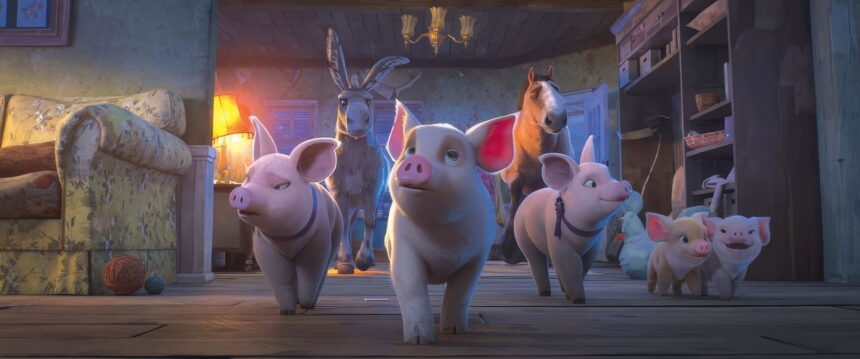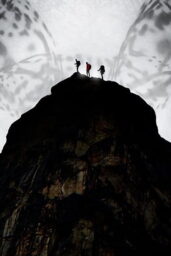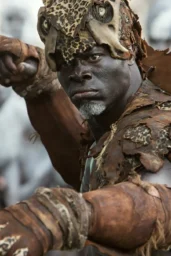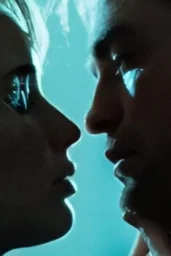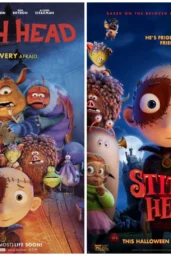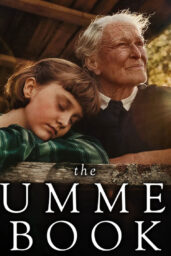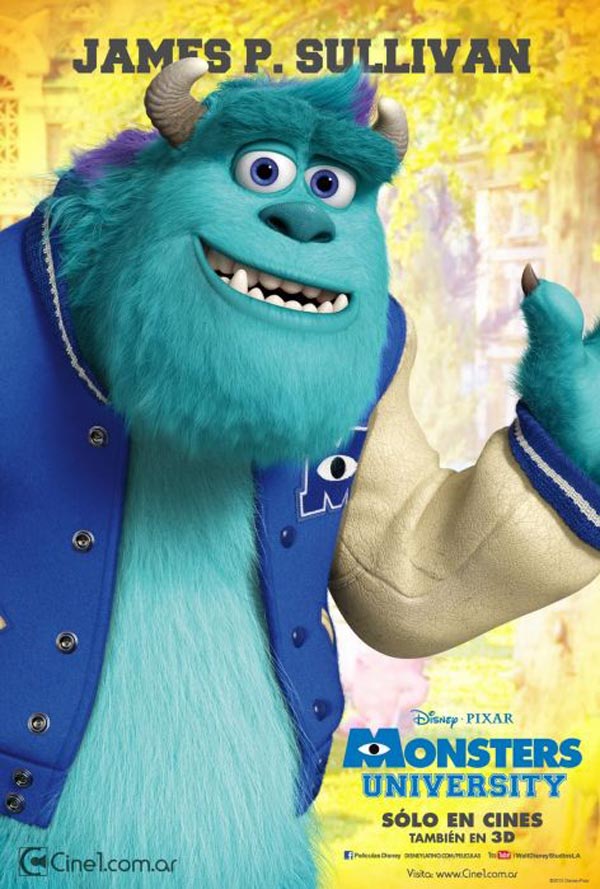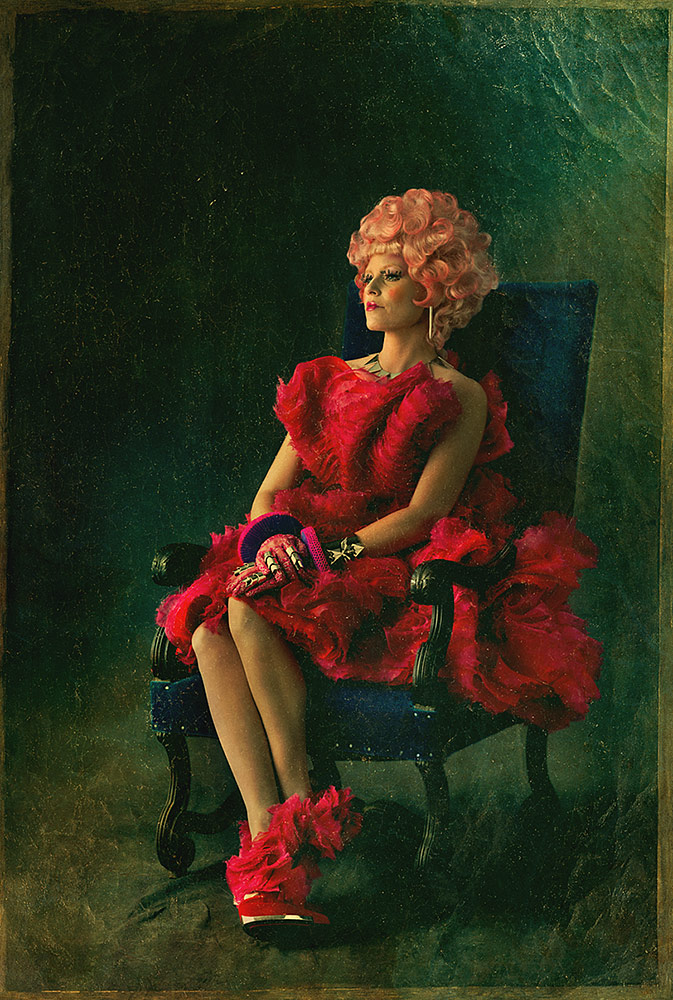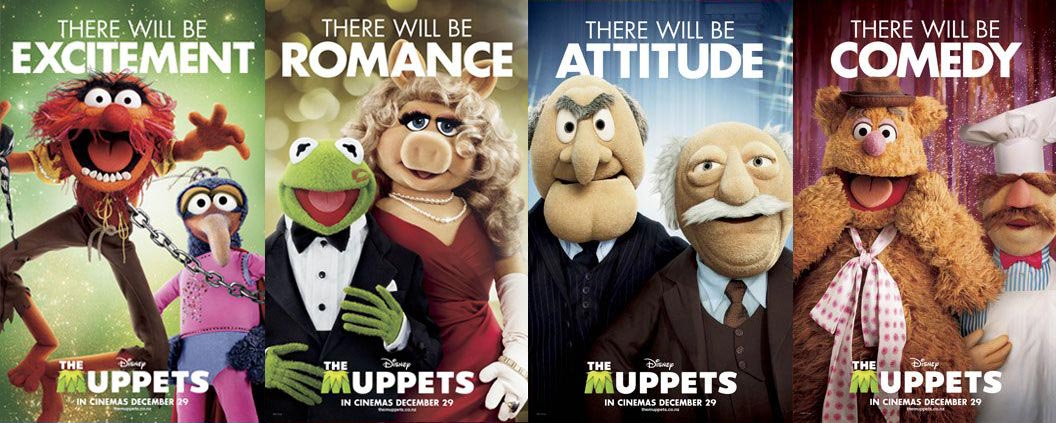Revolution, Rebooted
Andy Serkis just turned Animal Farm into a Hollywood epic—and animation nerds are LOSING IT.
After nearly 15 years in the pipeline, Serkis' passion project—a fully animated adaptation of George Orwell's Animal Farm—will finally premiere at the Annecy Film Festival this month. If you're imagining cartoon pigs and gentle moral lessons, think again. This is not your grandma's allegory.
The project, with a script from The Muppets' Nicholas Stoller and a cast stacked like a Comic-Con fever dream (Seth Rogen, Glenn Close, Kieran Culkin, Woody Harrelson, Kathleen Turner, Steve Buscemi, and Serkis himself), reads like Zootopia hijacked by Stanley Kubrick.
Why This Isn't Just Another Talking Animal Movie
Here's the insane part: This is a 1945 Soviet allegory now voiced by a stoner-comedy ensemble and premiering at the animation world's Cannes.
That's not irony—it's a collision of legacy and reinvention. Orwell's Animal Farm wasn't just about pigs in boots. It was a bleak dissection of power and propaganda, inspired by the author's own disillusionment with Stalinism. And adapting it—truly adapting it—has broken more directors than it's elevated.
Most previous versions either leaned too soft (think high school homework assignment with accents) or swerved into parody. Serkis, the mo-cap maestro who made Gollum Shakespearean, seems dead set on threading the needle between ideological horror and commercial animation.
Imagine The Muppets Take Animal Farm—except every pig is a war criminal and every sheep is complicit.
The Hidden Battle Behind the Barn Doors
Let's be clear: this project was never just about animation. Serkis has spent over a decade trying to convince studios that Orwell's bleak tale of political betrayal could sell. That it could look cool. That pigs, when rendered with digital precision, could carry the emotional weight of mass disillusionment.
Industry insiders whispered about this one like a cursed relic. One exec reportedly called it “too dark for kids, too weird for adults, too British for America.” And yet—here we are.
Now the question is whether audiences will embrace the radical experiment or flee to safer pastures (read: Pixar reruns).
There's also the underlying risk: animation tends to sanitize, to soften. And Orwell's power lies in discomfort. Can performance capture truly make a pig chilling? Or will it just look like Babe grew up and started watching Vice News?
So—Is This Brave, Brilliant, or Just Bizarre?
Here's the uncomfortable truth: Serkis might have made the most faithful and most polarizing Orwell adaptation ever—without anyone noticing.
Because if this works? It changes the animation landscape. It means political allegory has a place between fart jokes and princess musicals.
If it doesn't? Well, we'll always have Charlotte's Web.

